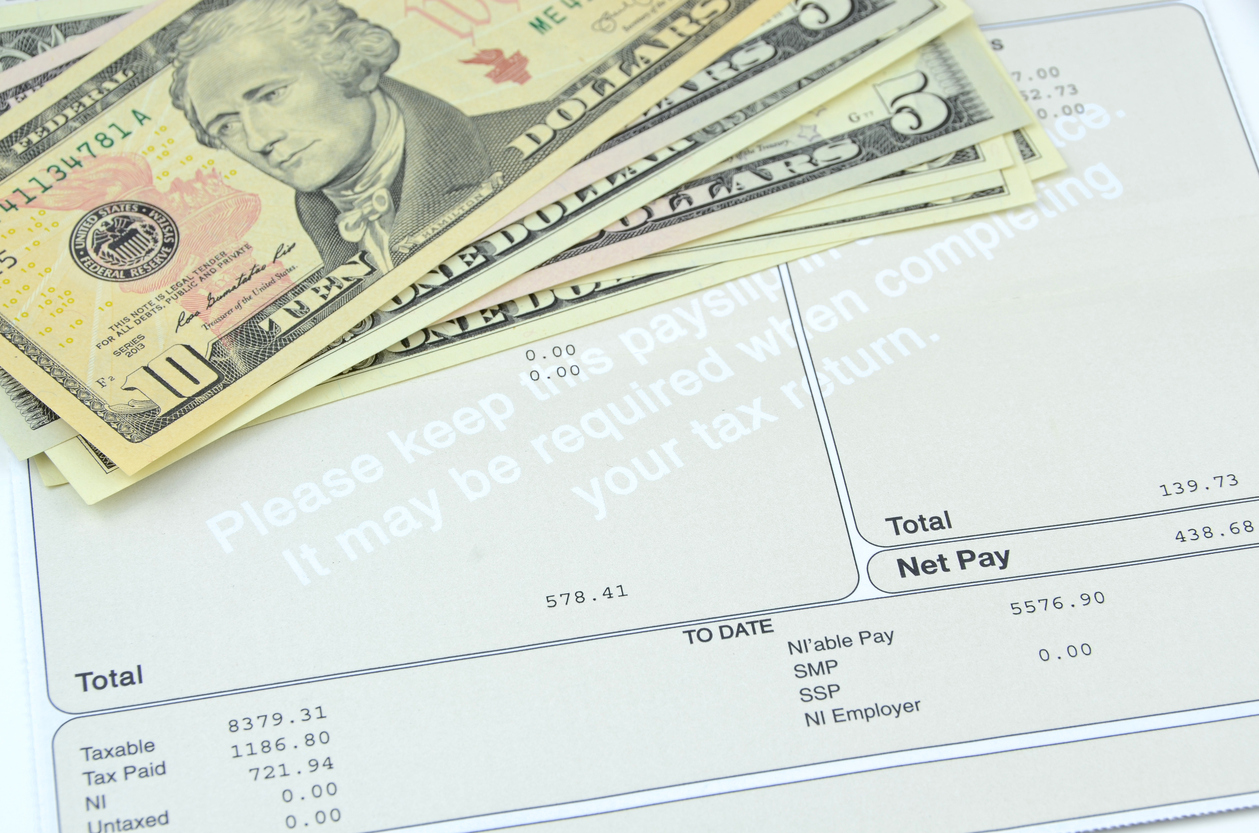Whether you have a single paid employee or run a small business with many employees, you need to pay attention to payroll. However, payroll involves more than cutting a few checks. Good payroll management is comprised of several different functions that help you properly pay your employees and keep your business compliant with government regulations.

Processing Paychecks
While payroll management involves more than just paying people, proper paycheck processing is still a critical function. Employees don’t appreciate paycheck errors, so a payroll manager needs to verify several details that go into an employee’s compensation. This includes verifying salary and hourly rates while also accounting for regular and overtime hours. Additional compensation in the form of vacation time, holiday pay, and other factors may also apply.
Another part of processing paychecks is applying any necessary deductions. Some of these deductions, such as federal income tax, are mandatory. Other are optional depending on the employee. For example, an employee who has opted into a company’s group health insurance and 401(k) plans will have insurance premiums and retirement contributions deducted from his or her paycheck.
Handling Payroll Taxes
Your employees aren’t going to be the only people upset if you don’t correctly process payroll. Roughly 70 percent of the IRS’ annual revenue is made up of payroll taxes. This means failing to pay payroll taxes can be a costly mistake, as businesses are hit with billions of dollars in payroll tax penalties each year.
Payroll managers need to weigh several factors to determine tax deductions, as different regions will have different tax rates. Then they must complete several forms documenting payroll taxes, which includes filing W-2s for each employee by Jan. 31 and completing a 941 form that reports the employment taxes an employer withholds and contributes each quarter. Not only do these files need to be filed accurately, they need to be filed on time, which can be difficult for someone without any training in payroll tax management.
Keeping Records
In addition to payroll tax compliance, payroll management also includes a great deal of recordkeeping. The Fair Labor Standards Act (FLSA) requires employers to keep accurate records for every non-exempt worker. These records include:
- Employee's full name and social security number
- Address, including zip code
- Birth date, if younger than 19
- Sex and occupation
- Time and day of week when employee's workweek begins
- Hours worked each day
- Total hours worked each workweek
- Basis on which employee's wages are paid (e.g., "$9 per hour," "$440 a week," "piecework")
- Regular hourly pay rate
- Total daily or weekly straight-time earnings
- Total overtime earnings for the workweek
- All additions to or deductions from the employee's wages
- Total wages paid each pay period
- Date of payment and the pay period covered by the payment
The FLSA also states that payroll data should be kept on file for three years. Records that involve wage computations should be kept for two years, such as work schedules, time cards, and other related documents. A payroll manager can ensure that these documents are stored electronically in case the Department of Labor [DOL] ever decides to check in on a business.
Employee Accessibility
It’s important to have financial documents readily available for the DOL, but employees should also be able to access key payroll information. An online employee portal like GMS Connect gives workers a secure online place where they can access personal information, such as:
- Benefits summaries
- 401(k) summaries
- Check history and deduction totals
- Direct deposit details
- Time clocks
- Paid time off
In addition, GMS Connect allows employees to download and print out important documents such as W-2s, change tax settings, and make payroll inquiries, which gives your employees the power to answer their own questions come tax season.
Simplify Payroll Management with the Help of a PEO
Payroll isn’t easy. As a small business owner, you may not have an HR department to deal with the responsibilities and liabilities of payroll management. However, that doesn’t mean you need to manage payroll on your own.
Outsourcing payroll administration to a Professional Employer Organization can help you ease the burden of managing payroll for your business. GMS can help you handle all the important financial details, allowing your business to effectively manage payroll and stay compliant. Contact GMS today to talk to one of our experts about how outsourcing payroll administration can benefit your business.